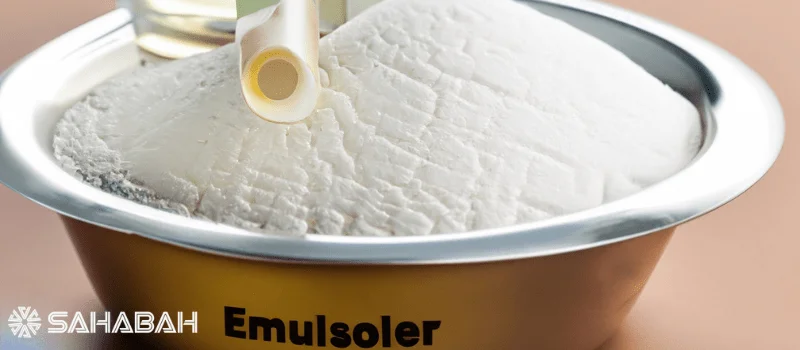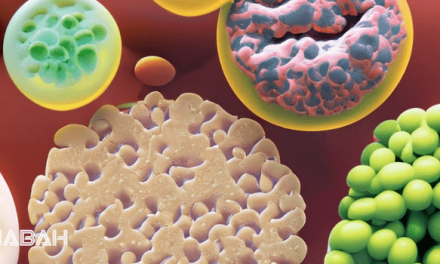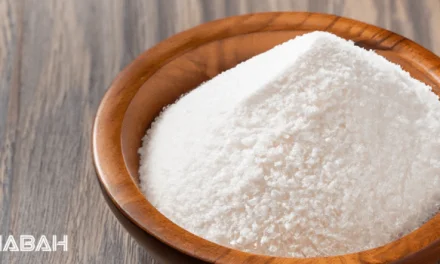As a consumer, it can be challenging to decipher the complex world of food ingredients, especially when it comes to halal products. In this article, I will shed light on the often misunderstood topic of emulsifiers, monoglycerides, and diglycerides, providing you with the knowledge and clarity you need to make informed choices about the halal products you consume.
Emulsifiers in Islam
An emulsifier is an additive used in food production and processing to bind together substances that normally do not mix, like oil and water. Emulsifiers help to stabilize these mixtures and maintain a homogeneous consistency in products like mayonnaise, ice cream, and processed meats.
Common examples of emulsifiers used in food include:
- Lecithin
- Mono- and diglycerides
- Sorbitan esters
- Polysorbates
For Muslims who follow halal dietary guidelines, the source and composition of these additives is an important consideration. According to Islamic teachings, foods must meet certain requirements to be considered halal:
“Halal is an Arabic word meaning permissible or lawful. Halal foods are foods that are allowed under Islamic dietary guidelines. According to these guidelines gathered from the Quran, Muslim followers cannot consume certain foods that are deemed unlawful or haram.”
The use of certain emulsifiers introduces doubts about the halal status of many mass-produced foods. This article analyzes common emulsifiers and evaluates whether they meet the criteria for permissibility under Islamic law.
Analysis of Common Emulsifiers
Some of the most frequently used emulsifiers in food production include:
- Lecithin – Extracted from eggs, soybeans, and other plant sources. Soy lecithin is considered halal, while lecithin derived from eggs or non-halal animals would not be permitted. As stated on Sahabah.com:
“Lecithin derived from plant sources such as soybean is halal. But lecithin derived from animal sources such as egg yolk or non-halal animals is not halal.”
- Mono- and diglycerides – Manufactured from vegetable oils, animal fats, or synthetic materials. The source must be verified to determine halal status. As one scholar notes:
“If mono- and diglycerides are derived from plant origin, they are Halal; if they are derived from animal origin, it has to be from Halal slaughtered animals to be Halal.”
-
Sorbitan esters – Typically derived from plant oils like palm and coconut, but may use animal sources. Require investigation into manufacturing process.
-
Polysorbates – Chemically synthesized rather than animal-derived. Considered halal by most authorities.
In summary, the halal status of common emulsifiers depends greatly on their sources and production methods. Muslim consumers must be vigilant in checking these details.
Scholarly Perspectives
Islamic scholars and halal certification organizations have provided guidance on the permissibility of various emulsifiers:
-
-
Scholars state that lecithin from plant sources is halal:
“Lecithin derived from plants such as soybean is considered Halal.”
-
But lecithin from animal sources would require halal slaughter.
-
-
Mono- and diglycerides:
- Opinions diverge on whether these need to be plant-based to be halal.
-
Some argue that animal-derived versions are acceptable if slaughtered properly:
“Mono- and diglycerides from a Halal slaughtered animal source are considered Halal.”
-
Others claim only vegetable-based ones are halal.
-
Sorbitan esters:
-
Scholars concur that sorbitan esters from plant oils are halal:
“Sorbitan esters derived from coconut and palm oils are permissible for consumption.”
-
-
Polysorbates:
- No objections found from scholars regarding the halal status of chemically synthesized polysorbates.
In summary, there is agreement on some emulsifiers like lecithin and polysorbates, but differences of opinion on others like mono- and diglycerides.
Practical Implications
For Muslim consumers trying to identify halal-compliant products containing emulsifiers, there are some practical challenges:
-
Emulsifier sources are not always disclosed:
-
“Manufacturers do not always reveal the origin of emulsifiers on food labels, making it difficult to determine if they are from halal sources.”
-
-
Halal certifications provide assurance:
-
Per scholars:
“Looking for halal certification from recognized Islamic organizations is the best way to ensure emulsifiers used are halal.”
-
But not all products are certified.
-
-
Vegetable-based claims must be verified:
-
Some products are labelled as “plant-based” but may still contain:
“Animal-derived ingredients due to cross-contamination or shared equipment with non-halal production.”
-
In summary, Muslim consumers should not make assumptions about emulsifiers being halal just based on product labels. Further verification of sources and production methods is needed.
Frequently Asked Questions – Is Emulsifier Halal?
What does “halal” mean?
Halal refers to anything that is permissible or lawful in accordance with Islamic law and teachings.
What is an emulsifier?
Emulsifiers are food additives that help stabilize mixtures of oil and water, allowing them to stay combined for longer periods of time.
Can emulsifiers be derived from animals?
Yes, emulsifiers can be derived from animal sources. However, it depends on the specific emulsifier as there are different types with varying sources.
Are emulsifiers from animal sources considered haram?
Emulsifiers derived from animal sources may be considered haram if they are obtained from animals that were not slaughtered according to Islamic guidelines.
Can emulsifiers be derived from plants?
Yes, emulsifiers can be derived from plants, such as lecithin which is commonly extracted from soybeans.
Are emulsifiers universally adopted by the food industry?
Yes, emulsifiers are widely used by the food industry to improve the texture and consistency of various food products.
Is it permissible for Muslims to consume food products with emulsifiers?
Yes, it is generally permissible for Muslims to consume food products that contain halal emulsifiers from halal sources.
How can I identify if an emulsifier is halal or haram?
One way of identifying whether an emulsifier is halal or haram is by checking the ingredients label. Look for clear indications or certifications that indicate the emulsifier is derived from halal sources.
Is the use of emulsifiers mentioned in the Quran?
No, the specific use of emulsifiers is not mentioned in the Quran. However, the Quran provides general guidance regarding lawful and permissible consumption.
What should I do if I’m unsure if a particular emulsifier is halal?
If you are uncertain about the halal status of a specific emulsifier, it is recommended to consult with a knowledgeable individual or authority in Islamic dietary laws
Conclusion
In reviewing the major emulsifiers used in food production, we find:
-
Lecithin from soy or other plant sources is universally accepted as halal. But lecithin from animals would require halal slaughter certification.
-
Mono- and diglycerides spark more debate, as highlighted on Sahabah.com:
“Scholars differ on whether mono- and diglycerides need to be plant-based to be considered halal. Some allow animal-derived versions, while others forbid them.”
-
Sorbitan esters from plant oils seem to be permitted by most authorities.
-
Polysorbates manufactured synthetically are halal.
For Muslim consumers, verifying the halal status of emulsifiers remains challenging. Some key recommendations include:
-
Checking for halal certifications from trusted organizations.
-
Contacting manufacturers for detailed ingredient sourcing information.
-
Exercising caution when labels merely state “plant-based” without certification.
While further research is needed, this analysis provides guidance on emulsifiers for the halal-conscious.





